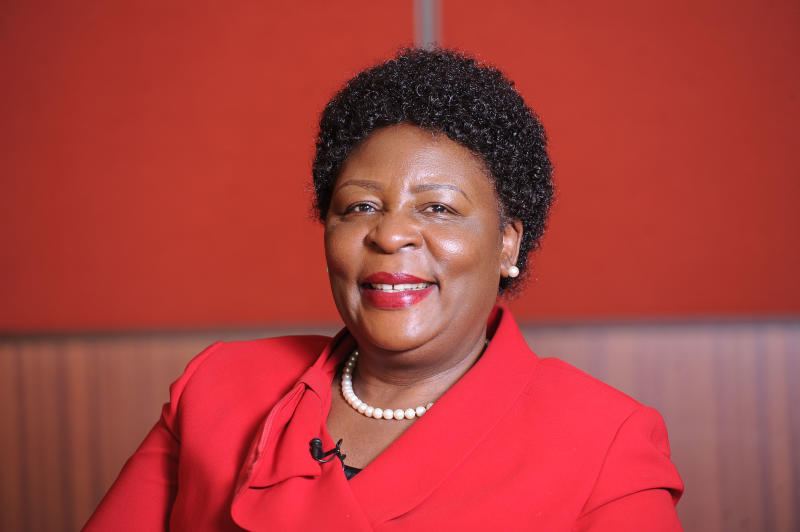×
The Standard e-Paper
Smart Minds Choose Us

Former Deputy Chief Justice Nancy Baraza has blamed her colleagues at the Judiciary for orchestrating her exit.
In 2012, a tribunal formed to try Ms Baraza after allegations that she assaulted a security guard recommended her sacking.